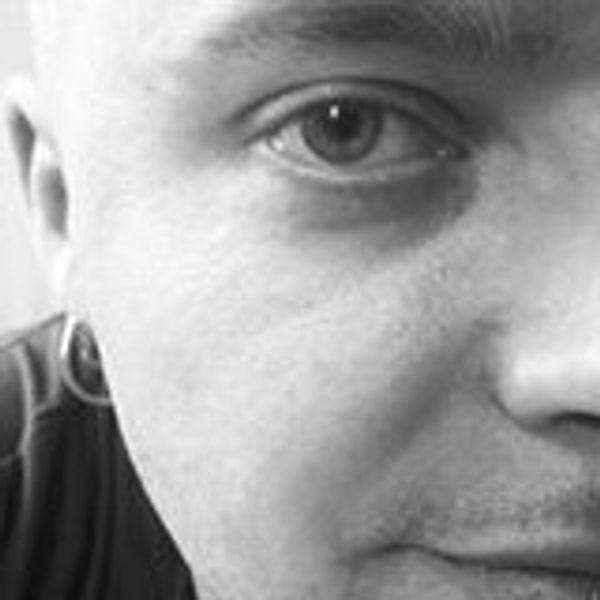Russia at a loss on effective drug dependency rehabilitation
By Alexander Delfinov
Society views drug abuse as one of our country’s most urgent problems. The HIV epidemic continues to spread across Russia, even as it is retreating elsewhere in the world, even in Africa. The problem of drug-resistant tuberculosis has joined the mix since 2007.
From a purely medical standpoint, the government is really spending a lot of money to purchase antiretroviral drugs to support HIV patients, yet it totally ignores WHO-recommended measures to prevent the spread of HIV among injection drug users, such as needle exchange programs or replacement therapy.
Death from overdose is another real-world problem. A prevention system is used worldwide, in which Naloxone (a 100-percent opioid antidote) is distributed among drug addicts and social workers hold seminars on how to use it.
This is also part of non-medical drug use damage reduction programs; in Russia, however, the government does not support such programs, but merely tolerates them temporarily.
In May 2012, President Putin signed a decree on improving state healthcare policy, which envisages, among other things, reform of the drug addiction treatment service by January 1, 2016.
The conclusion to be drawn at the moment is that this work is clearly slanted in favor of repression and control practices, to the detriment of healthcare-related and scientifically proven ones.
Click here to read the full article.
Keep up-to-date with drug policy developments by subscribing to the IDPC Monthly Alert.
